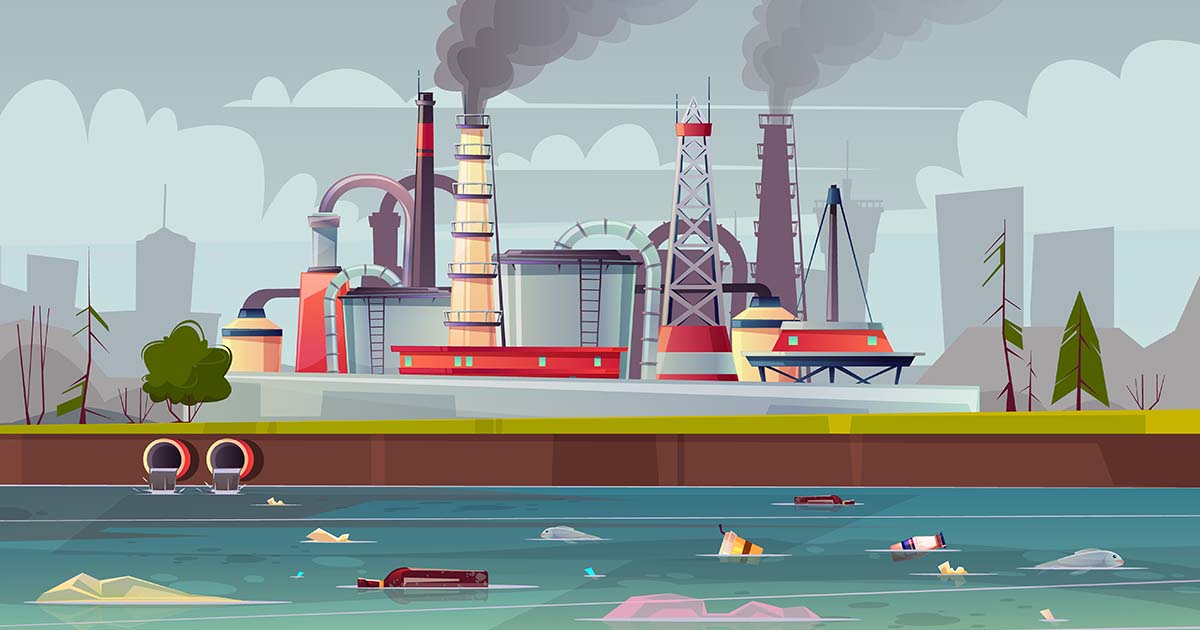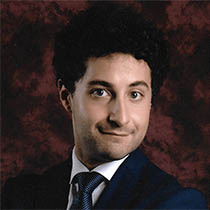Putting power-hungry AI on an energy diet (IP Paris)
03 February 2025

Despite some striking feats achieved over the last few years, artificial intelligence (AI) is not without flaws: the models are becoming larger and larger, requiring an increasing amount of energy to run them. In times of climate change and energy crisis, this hype on AI caught the attention of specialists like Enzo Tartaglione, an Assistant Professor at Télécom Paris member of the Multimedia Team, part of the Image, Data, Signal (IDS) department at LTCI, in who embarked upon putting the AI models on an energy diet.
“Some of these models are so large that they can’t be run locally and have to be run remotely, which poses a problem from multiple perspectives: privacy, energy consumption on the server, energy consumption in the transmission, etc.” says the scientist, who is also part of the European Lighthouse of AI for Sustainability (ELIAS), which brings together researchers in academia and practitioners in the industry to cultivate original AI solutions that contribute to a sustainable future for our planet, foster social cohesion, and uphold individual rights.
Header image source Vectorpouch/Freepik